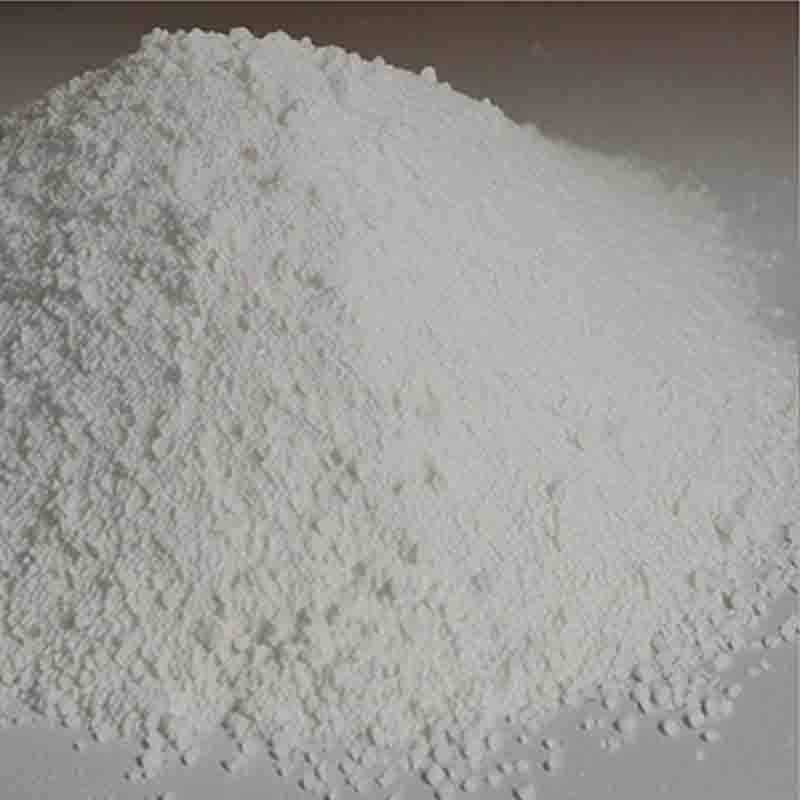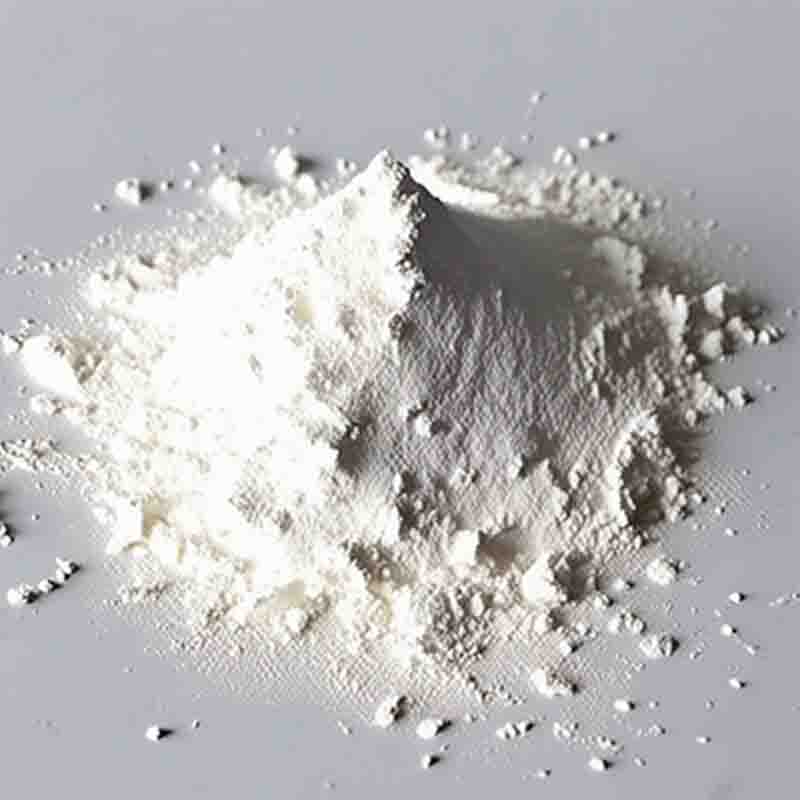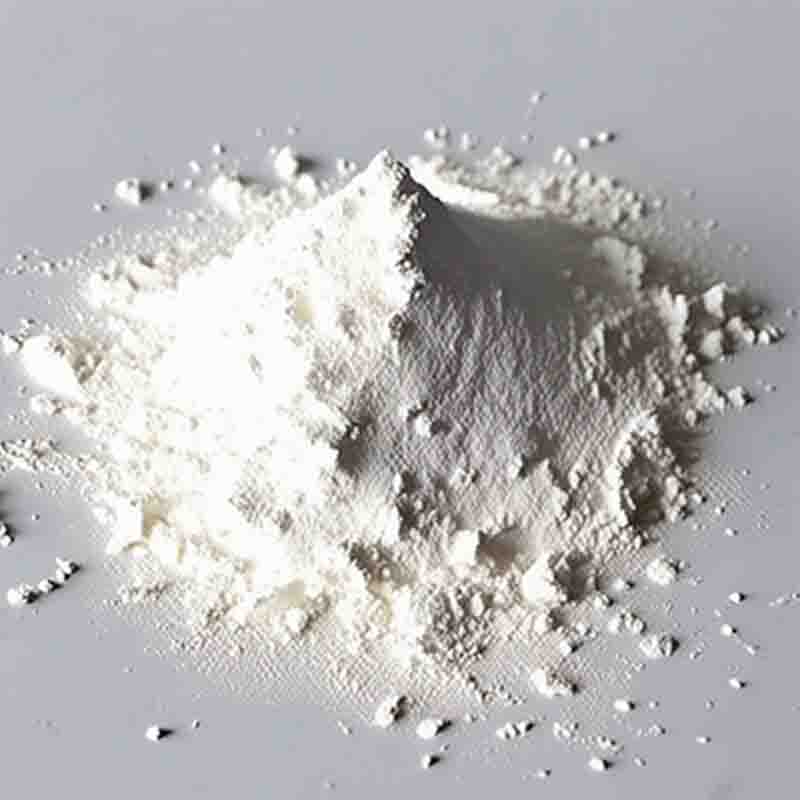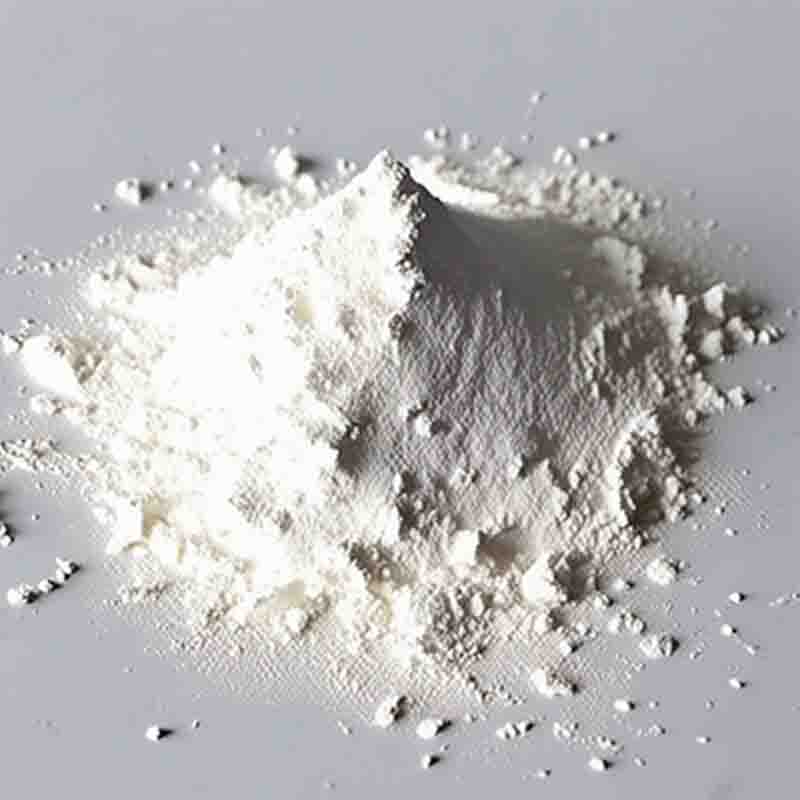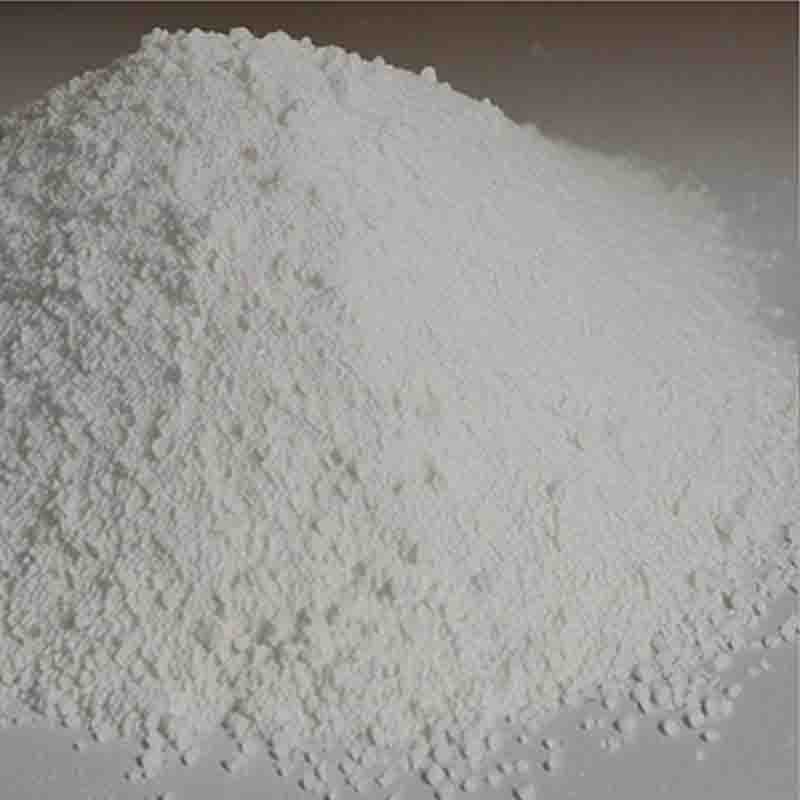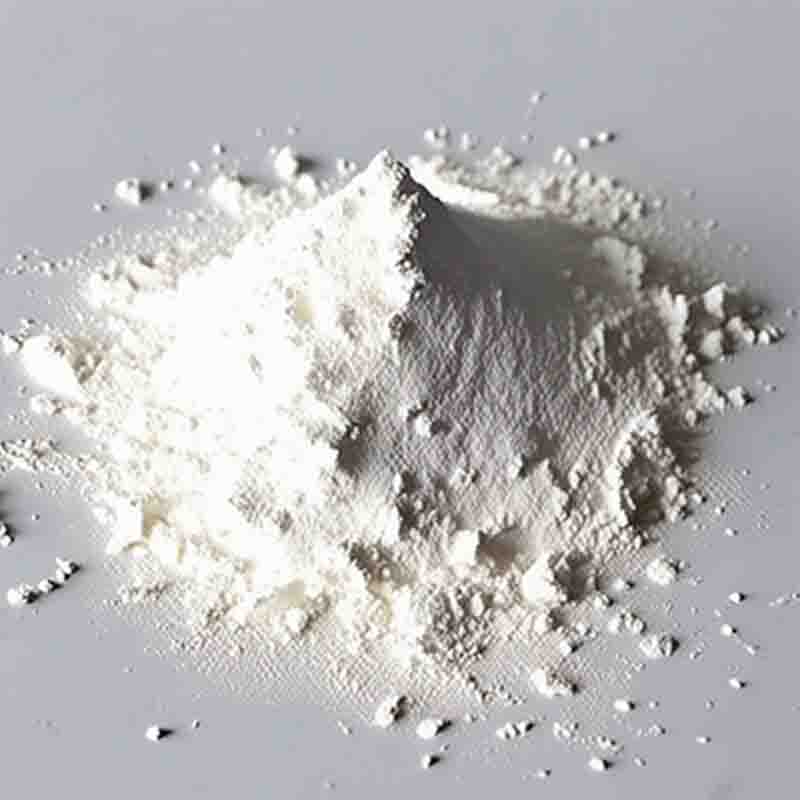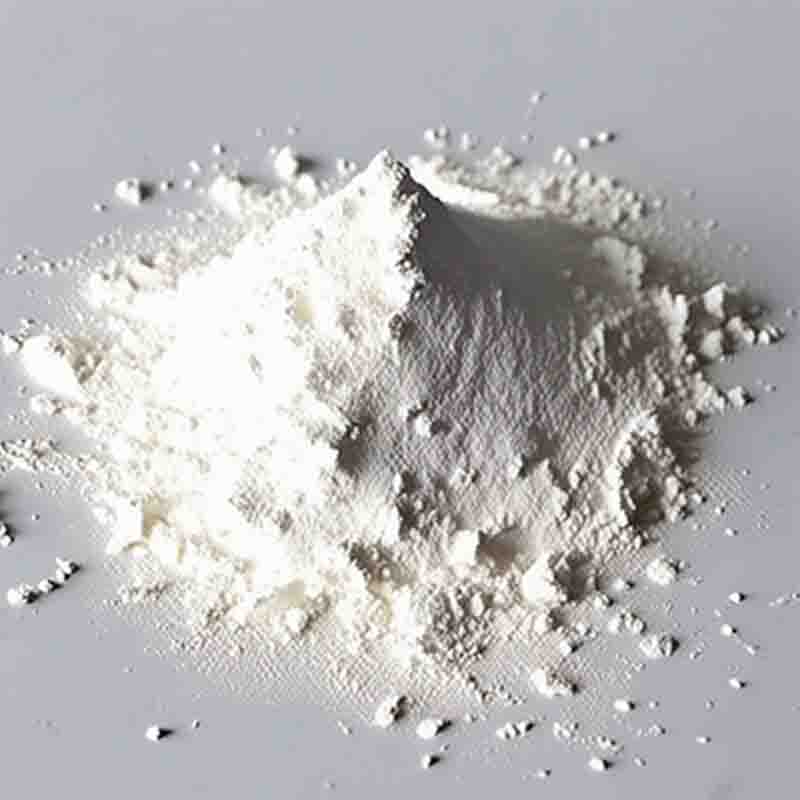3-methyl-4-oxo-2-phenyl-4H-chromene-8-carboxylicacid;3-methylflavone-8-carboxylicacid CAS:3468-01-7
| Catalog Number | XD95395 |
| Product Name | 3-methyl-4-oxo-2-phenyl-4H-chromene-8-carboxylicacid;3-methylflavone-8-carboxylicacid |
| CAS | 3468-01-7 |
| Molecular Formula | C17H12O4 |
| Molecular Weight | 280.27 |
| Storage Details | Ambient |
Product Specification
| Appearance | White powder |
| Assay | 99% min |
The compounds 3-methyl-4-oxo-2-phenyl-4H-chromene-8-carboxylicacid and 3-methylflavone-8-carboxylicacid are two distinct chemical compounds with potential effects and applications in various fields. Here are the potential effects of each compound:3-methyl-4-oxo-2-phenyl-4H-chromene-8-carboxylicacid:Anti-inflammatory effects: This compound has shown potential anti-inflammatory activity in preclinical studies. It may inhibit the production of inflammatory mediators and reduce the activation of inflammatory pathways.Antioxidant activity: Oxidative stress, caused by an imbalance between free radicals and antioxidants, can lead to cellular damage. This compound has demonstrated antioxidant properties, which could help mitigate oxidative stress.Antimicrobial effects: Some research suggests that this compound may exhibit antimicrobial activity against certain bacteria and fungi. It could potentially be developed into an antimicrobial agent for various applications.3-methylflavone-8-carboxylicacid:Anticancer potential: Flavonoids, a class of compounds that includes 3-methylflavone-8-carboxylicacid, have been studied for their potential anticancer properties. This compound may have cytotoxic effects on cancer cells and help inhibit tumor growth.Anti-inflammatory activity: Flavonoids are known for their anti-inflammatory properties. This compound could help reduce inflammation by modulating inflammatory pathways and reducing the production of pro-inflammatory molecules.Antioxidant effects: Flavonoids act as antioxidants in the body, scavenging free radicals and protecting cells from oxidative damage. This compound may help prevent or reduce oxidative stress-related disorders.Cardiovascular health benefits: Some flavonoids have been associated with cardiovascular benefits, such as reducing blood pressure and improving vascular health. Although more research is needed, 3-methylflavone-8-carboxylicacid may have similar effects.It is important to note that these potential effects are based on preliminary studies and further research is needed to confirm their efficacy and safety. The compounds' mechanism of action, pharmacokinetics, and potential side effects should also be thoroughly investigated before considering their practical applications. Furthermore, it is always advisable to consult with medical and scientific professionals for specific guidance and recommendations concerning these compounds.


